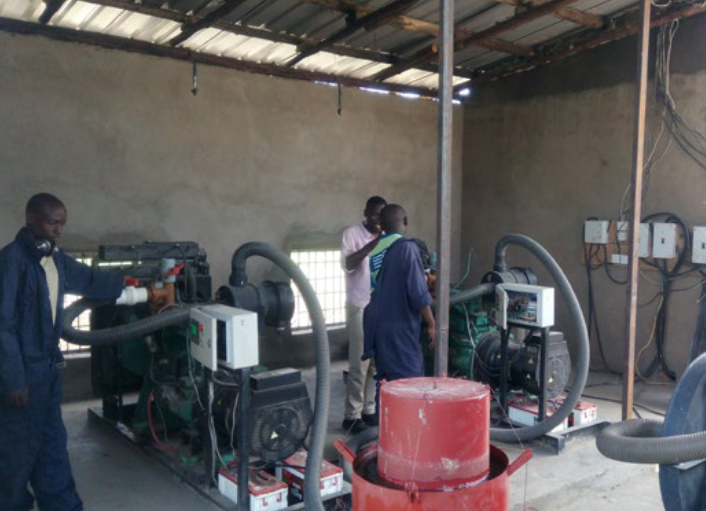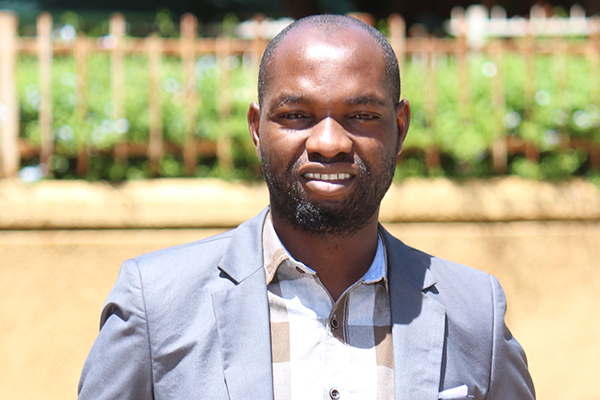
The Swedish project developer Pamoja Cleantech developed a biomass gasification power plant and mini-grid at the Bukurungo trading centre in the Kamwenge District of western Uganda that uses local crop residue to generate clean energy for over 500 households and an agro hub of 75 kVA. The project demonstrated a replicable model for productive use of energy in agro-processing in Uganda.
This waste to energy system provides local communities with access to renewable electricity and healthy food, while improving soil fertility, creating local employment and mitigating climate change. The biomass plant produces electricity for agro-processing, heat for drying agro-produce, and bio-char for organic fertilizer. The project uses a smart grid solution for increased grid reliability and reduced operating costs.
Based on the success of this EEP Africa project, which ended in 2018, Pamoja plans to scale up to a 200 kVA hub in Bukurungo and replicate the micro-grid model in up to 100 sites across Uganda.
Drivers of success
• Strong partnerships are required. Pamoja lacked market knowledge on agro-processing and so partnered with an organisation engaged in the maize value chain as a seed provider.
• The tariff model is simple and easy for users to understand, based on either 3-phase or single-phase connections. No connection fee is charged and the installation of basic internal wiring is included in the tariff. There are no fixed charges.
Achievements
• At present the system can process 1,000 tonnes of maize per season and as the village produces ten times this amount, there is considerable scope for expansion. The warehouses can store over 300 tonnes of maize.
• The process of harvesting maize a little early, drying the grain from 30% moisture content and storing the maize effectively has prevented aflatoxin contamination. This also means that maize can be sold outside the harvest season at higher profits.
Challenges and lessons learned
• The concept is site dependent and thus location is important. However, it could be adapted to process other agricultural products, apart from maize.
• Facilitating energy access needs to be accompanied by appliance financing, energy literacy training, and business development support to allow communities to engage and benefit economically from access to
electricity.
• Establishing joint venture partnerships and identifying several offtakers reduces implementation risks.
Building a Start-up at the Nexus of Energy and Food
Profile of Admore Chiumia, Founder of Green Impact Technologies - Malawi...
Technical Approaches to Connecting Communities
Profile of Madrin Maina, Technical Operations Manager East Africa at Sistema.bio...
Fighting Injustice by Reducing Climate Change
Profile of Esther Altorfer, East Africa Managing Director of Sistema.bio...





